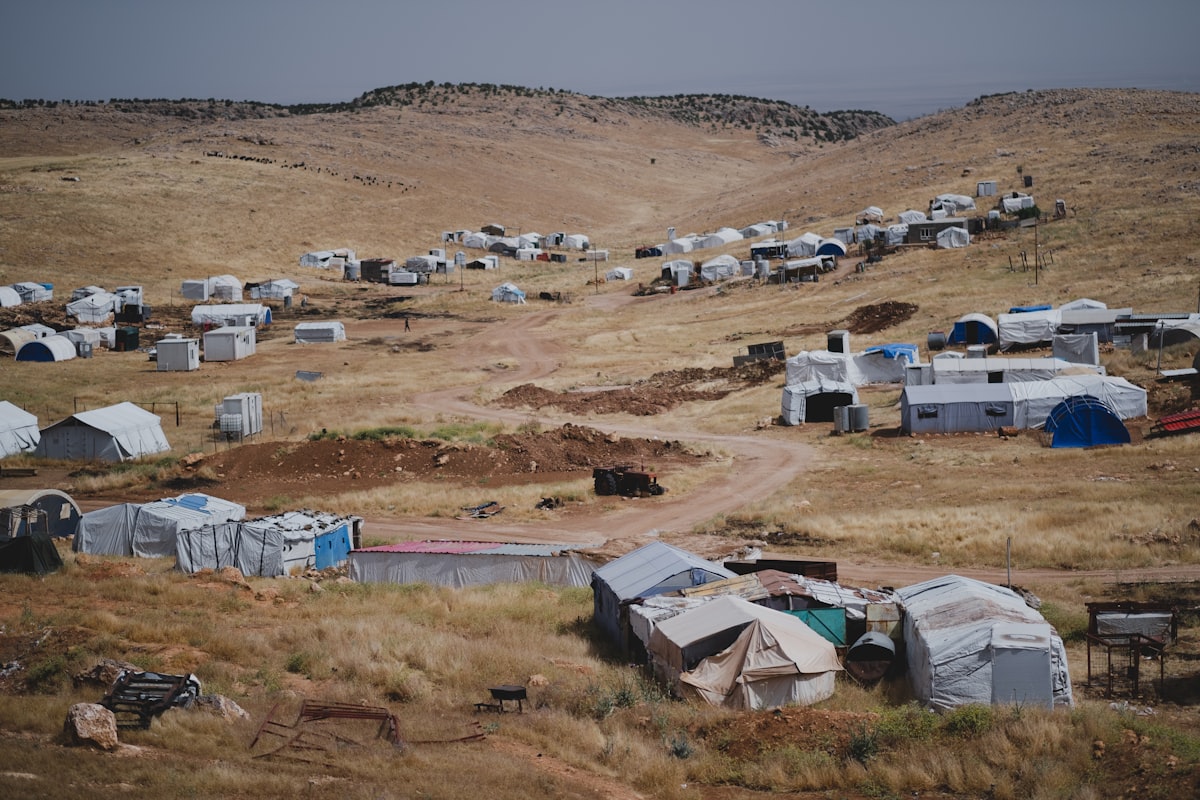Form I-730, Refugee/Asylee Relative Petition, is a U.S. Citizenship and Immigration Services (USCIS) form used to petition for certain family members of refugees or asylees who are already in the United States. The purpose of this form is to allow qualifying family members to join the principal refugee or asylee in the U.S.
Key points about Form I-730:
- Eligibility: To be eligible for this petition, the principal refugee or asylee must have been granted asylum or admitted as a refugee within the past two years. The family members who can be petitioned for include the spouse and unmarried children who were under 21 at the time the principal refugee or asylee was granted asylum or admitted as a refugee.
- Filing: The principal refugee or asylee must file Form I-730 on behalf of the eligible family members. The petition must be filed within two years of the principal refugee or asylee being granted asylum or admitted as a refugee. If the family members are already in the U.S., the form can be filed concurrently with the principal’s asylum application.
- Approval: If the petition is approved, the eligible family members can then apply for refugee or asylee status, depending on the status of the principal. If the family members are outside the U.S., they will need to go through the refugee admissions process. If they are already in the U.S., they can apply for adjustment of status to obtain asylum.
- Fee: there is no fee for filing Form I-730.
- Documentation: The petitioner must provide evidence of the qualifying relationship and the principal’s asylum or refugee status.
It’s important to note that immigration policies and forms may be subject to change, so it’s recommended to check the USCIS website or consult with an immigration attorney for the most up-to-date information and guidance before submitting any immigration-related forms.
Form I-730 checklist of documents
Here’s a general checklist for Form I-730:
- Form I-730: Complete the form accurately, answering all questions. Ensure it is signed and dated.
- Proof of Principal Refugee/Asylee Status: Provide evidence of the principal refugee or asylee’s status, such as a copy of the approval notice for asylum or refugee status.
- Proof of Relationship: Include documentation establishing the relationship between the principal refugee or asylee and the family members being petitioned, such as marriage certificates for spouses or birth certificates for children.
- Passport-Style Photos: Submit passport-style photos for each family member being petitioned. Follow USCIS specifications for photo requirements.
- Biographic Information: Provide biographic information for each family member, including full name, date of birth, and other relevant details.
- Affidavit of Relationship (if applicable): Depending on the circumstances, you may need to submit an affidavit of relationship attesting to the bona fide nature of the relationship between the principal refugee or asylee and the family members.
- Proof of Two-Year Filing Deadline: If filing beyond the two-year deadline from the principal’s grant of asylum or admission as a refugee, provide evidence to establish that the delay is due to humanitarian reasons or extraordinary circumstances.
- Proof of Physical Presence in the U.S.: If the family members are already in the U.S., provide evidence of their physical presence, such as lease agreements, utility bills, or other documents.
- Proof of Legal Name Change (if applicable): If any family member has undergone a legal name change, provide documentation supporting the name change.
- Form G-28 (if represented by an attorney): If an attorney is representing the petitioner, include Form G-28, Notice of Entry of Appearance as Attorney.
Before submitting Form I-730, carefully review the latest form instructions on the USCIS website to ensure compliance with current requirements. Additionally, consider consulting with an immigration attorney for personalized guidance based on your specific situation.
